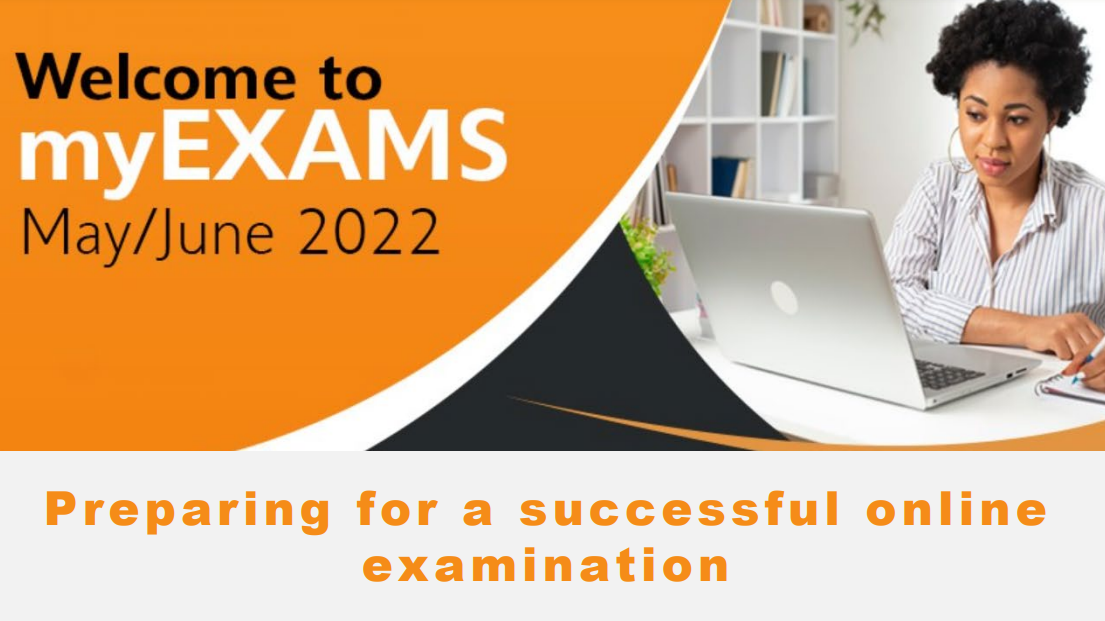The University of South Africa (Unisa) is now firmly in the middle of its May / June 2022 exams season and it has released more information for students with questions about the process.
There is now a new Frequently Asked Questions (FAQ) page on the Unisa website here which should fill readers in on most aspects of myExams, the portal for Unisa exams.
The FAQ is rather long so we won’t provide them all here, but there are a few to take special note of.
For example, in Multiple Choice Question (MCQ) exams, the system will automatically save answers as students progress, even if there is some problem with the process. As South Africa continues to battle loadshedding this is particularly important.
Q: Does the system auto-save the work, should there be an interruption during the examination session, and how long will the answers be available on the system?
A: Upon moving from one MCQ question to the next, the system will automatically save your previous answer/s. The system only keeps your answers until your allocated time elapses, for which the saved responses will be auto-submitted.
Aside from MCQ exams there are more standard papers which require written answers. The answers to these need to be put into an “answer script” but students need to make sure it’s formatted correctly.
Q: What form must my answer script be submitted in?
A: You must submit as an editable/accessible PDF document. It cannot be password protected or locked in any way. If your lecturers cannot open it, they will allocate the script as inaccessible and will not be able to mark it.
Another important part of the FAQ is the contact details for Unisa provided in the answers to several questions. Unisa is infamous for poor student communication so hopefully these details are up to date and employees are monitoring them as the exam season continues.
Again the above is just a small part of the overall FAQ and we highly encourage all Unisa students to read the full thing, even if they have already written some exams and understand the process. You never know when a fringe situation will pop up that may have been covered beforehand.

